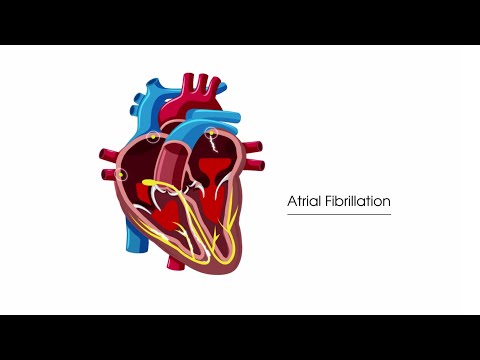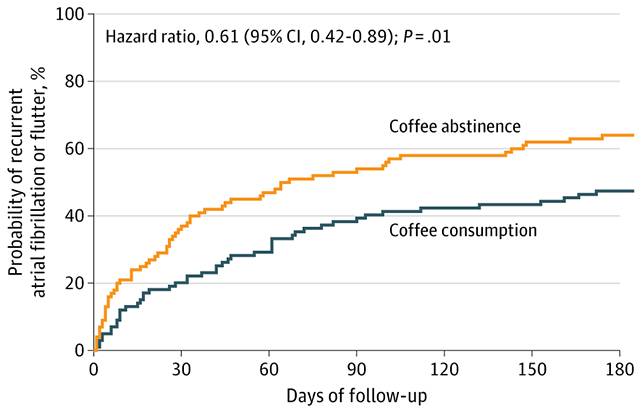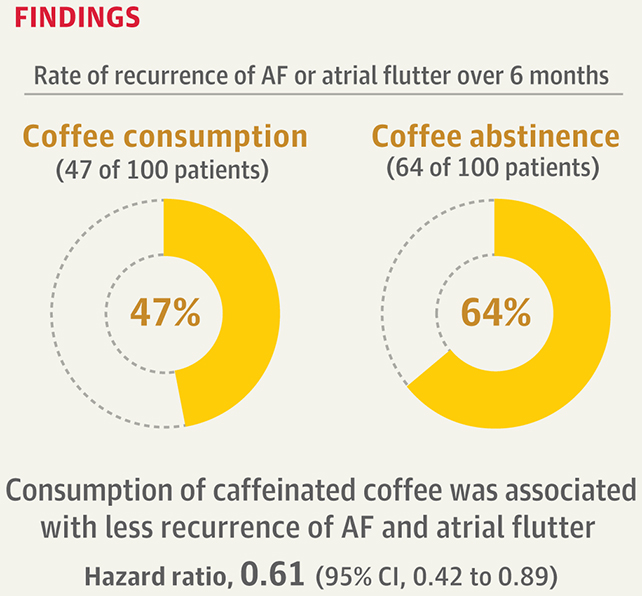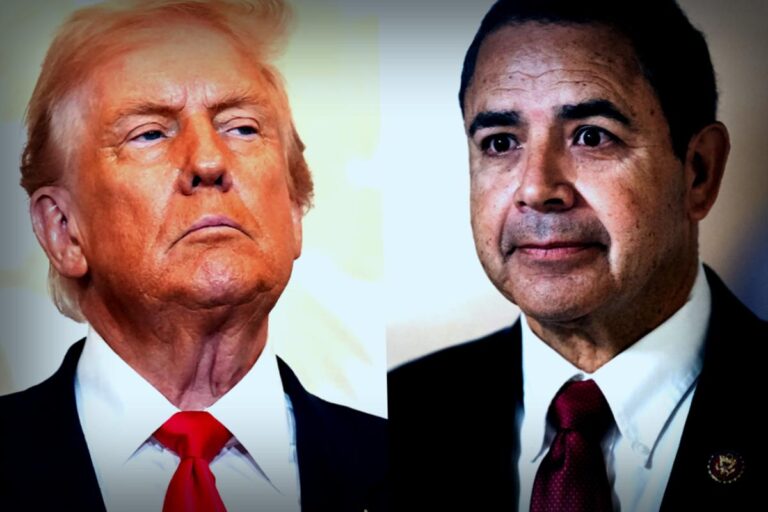Coffee is often linked to increased alertness and a quicker heartbeat, so for those with atrial fibrillation, which is a common type of irregular heartbeat, the usual advice is to steer clear of it. But, a recent study indicates that this guidance might need updating.
A team of researchers monitored 200 participants from the US, Canada, and Australia who were prepping for electrical cardioversion for their AF. All subjects were either current or past coffee drinkers. They split the group in half: one group stopped drinking coffee for six months, while the other group continued to indulge, having at least one cup daily.
Over the six-month observation period, researchers kept tabs on how many experienced AF episodes lasting more than 30 seconds. Among the coffee drinkers, 47 percent had an episode, but that number spiked to 64 percent for those who abstained. This showed that coffee lovers had a 39 percent lower risk of experiencing AF.
Related:Why Caffeine Pouches, Comparable to Two Coffees, Pose Risks.
According to cardiologist Christopher Wong from the University of Adelaide, “The findings were quite surprising.” He remarked that, contrary to what many believe, those who consumed coffee enjoyed a significant decrease in AF episodes compared to those who shunned both coffee and caffeine.

frameborder=”0″ allow=”accelerometer; autoplay; clipboard-write; encrypted-media; gyroscope; picture-in-picture; web-share” referrerpolicy=”strict-origin-when-cross-origin” allowfullscreen>
While previous studies have yielded mixed results on whether caffeine triggers AF episodes or not, this particular one serves as the first randomized clinical trial squarely examining the relationship.
The research team is now interested in assessing how the same coffee versus non-coffee groups might influence individuals who initially didn’t drink coffee and how different caffeinated beverages could factor into the mix.
There are several theories behind these intriguing results. Coffee could enhance exercise performance, possibly offering some defense against AF episodes (detailed diet and exercise stats weren’t collected in this study).

Additionally, coffee has diuretic properties (making you urinate more) and includes anti-inflammatory compounds which might contribute to lower blood pressure, thus diminishing AF risk.
Researchers speculate that coffee drinkers may be less likely to replace coffee with less healthy beverages, although that angle wasn’t directly checked in this study.
AF is a global concern and affects tens of millions of individuals. This condition can lead to severe complications like strokes or heart failure and is linked to various risk factors such as obesity, diabetes, and high alcohol consumption.
As outlined by electrophysiologist Gregory Marcus from the University of California, San Francisco, “The prevalence of AF is on the rise, and the likelihood of developing it escalates with age. Therefore, finding ways to manage the condition better is crucial.”
Though this study doesn’t explicitly establish a cause-and-effect relationship, it provides valuable insights into the complex links between coffee and heart health.

“It seems reasonable for healthcare providers to allow AF patients to explore enjoyable caffeinated beverages, such as coffee or tea,” Marcus adds. “However, some patients may still find that caffeine exacerbates or triggers their AF.”
This important research is published in JAMA.




















